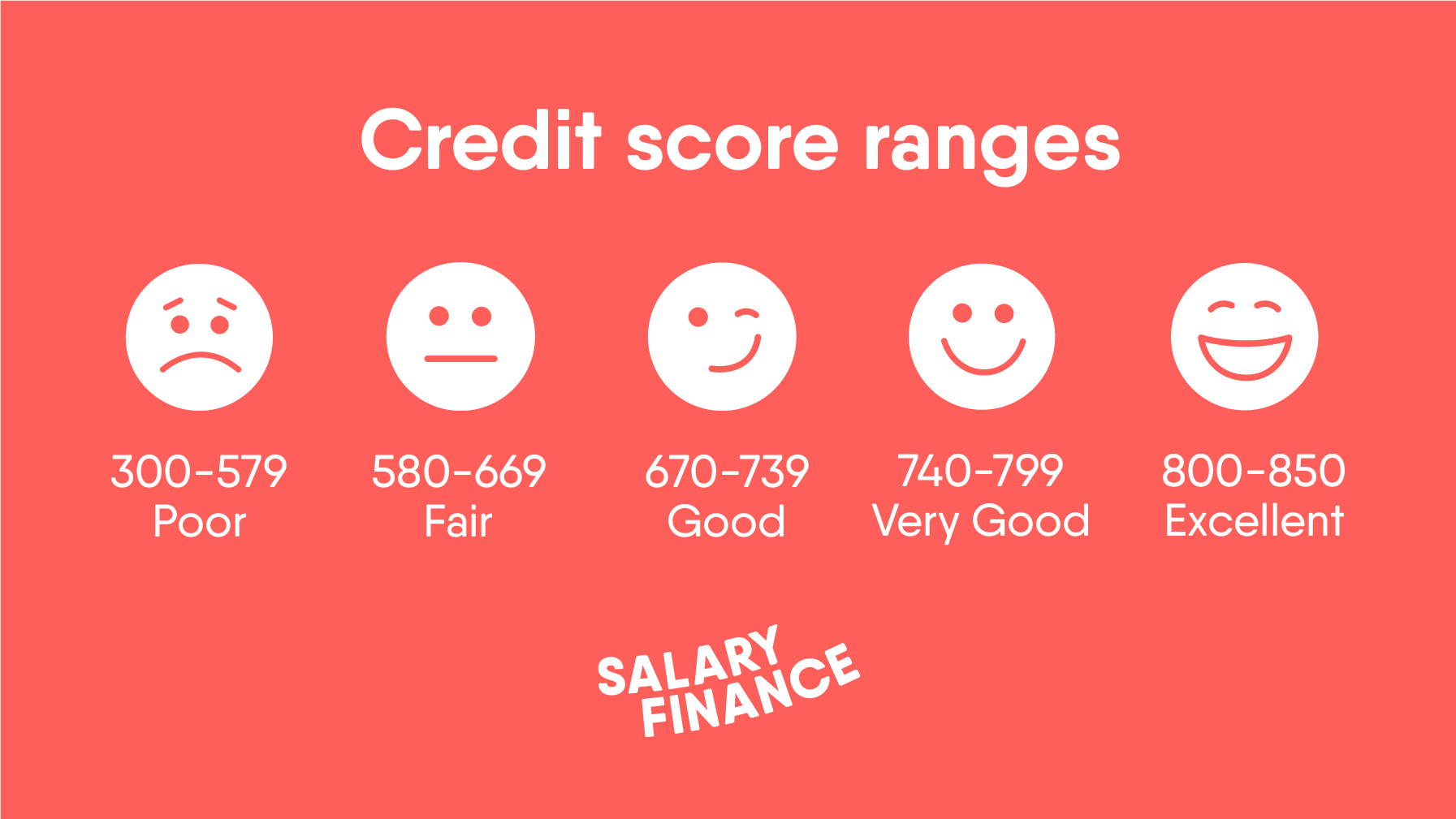
Have you ever wondered how a lender decides whether to approve your application for credit? Credit scoring is a system banks and lenders will use to help determine whether or not to extend you an offer of credit, and may also be used to determine the terms or interest rate you are offered.
A credit score is a 3-digit number that is designed to give lenders a sense of how you have managed credit in the past, and how likely you are to repay debt. It takes into account information about you and your credit history, like whether you have consistently paid bills on time, the number and type of accounts you have, the length of your credit history, and more. Higher scores are more positive, and mean you have demonstrated responsible credit behavior in the past, which may give lenders more confidence in your ability to manage new credit.
For a breakdown on the factors that affect your credit score, check out our guide here.
Credit score ranges
Both FICO® and VantageScore® credit scoring models use a credit range of 300 to 850. While lenders set their own standards for what counts as an acceptable score, here’s how Equifax generally defines credit score ranges:
- 300-579: Poor
- 580-669: Fair
- 670-739: Good
- 740-799: Very Good
- 800-850: Excellent
Where the information comes from
The information used to determine your credit score is stored by credit-reporting agencies, also known as credit bureaus. The three main credit reporting agencies in the United States are Experian, TransUnion, and Equifax. These companies use records of credit usage to produce your credit score. At Salary Finance, Equifax is the agency we reference when employees apply for a Salary Finance loan, and we report repayments to both Equifax and Experian.
Lenders are not required to report credit information to credit reporting agencies, but they choose to do so because the information helps them make better decisions about risk. It’s important to note that consumers do not have to give lenders permission to do this.
Why your credit score matters
Your credit score can either be a useful financial tool or an obstacle, depending on how high it is. If you have good or excellent credit, you’ll have an easier time borrowing money when you need it, being approved for renting an apartment, and getting lower rates on car and homeowner’s insurance.
Alternatively, if you have poor or fair credit, you will be less likely to be approved for credit cards or loans, and if you are approved you may receive less favorable loan terms, such as a high interest rate or annual fees.
How to check your credit report
Federal law requires each of the three main credit reporting agencies to provide you a free credit report every 12 months if you ask for it. You can visit AnnualCreditReport.com or call 1-877-322-8228 to request a free copy of your credit report.






